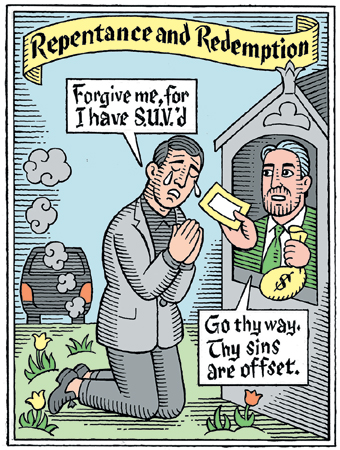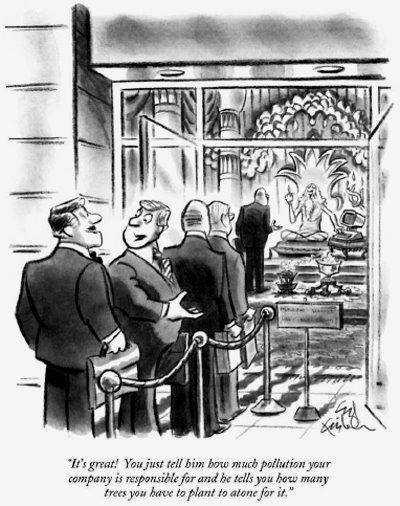Uh, excuse me? Rumors of my extinction should not be discussed in my presence. You wreck my habitat and then you want to discuss "how to divvy up the globe's truly last frontier," while I'm still alive and kicking? Not bloody likely, mate.
Sigh.
"...Scientists have declared that both of the world's ice caps are in perilous states; the Arctic is more vulnerable than the Antarctic because of added climate volatility at the top of the planet. The intuitive victims are the polar bear, and further down the line, the world's grandchildren. Those, certainly, are the victims who have received the most attention.
But in his new book, After the Ice, Alun Anderson makes the insightful case that consequences cast too far into the future ignore geopolitical factors of today. Water where ice once stood changes global trade routes and national-security calculations, especially between countries like the U.S and Russia, whose icy relationship used to be separated by the expanse of the great Pacific. Just this summer, for example, the sea above Russia opened to international commercial shipping as the ice melted."
Read rest of absurd Newsweek article
Yes, so much for you all to figure out. Oh goody, we can run a boat through the Artic!! But who owns the shipping lanes?
Better get some more lawyers involved. You'll be hearing from mine.
Rev. Paul R. Bear, Blogger-in-Chief
www.CarbonConfession.org



